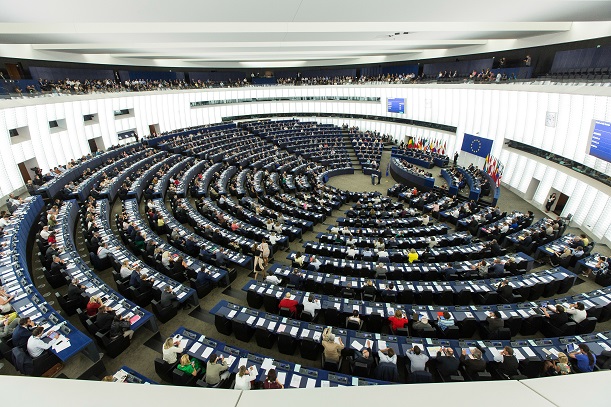The European Union is pledging more than €50 billion to speed up the development of “priority” standards for 5G and cybersecurity, as well as to accelerate the digitisation of the continent.
In wide-ranging announcements made this morning, it said it wants to link up national initiatives for digitising industries and increase investment into strategic partnerships.
Standards bodies will be asked to focus on five areas: 5G, cloud computing, the Internet of Things, data technologies and cybersecurity.
The European Commission said it wanted to speed up the standardisation process by co-financing the testing of new technologies through public-private partnerships.
Among the other plans are “large-scale” pilot projects for the IoT within smart cities and homes, connected cars or mobile health.
The EU will spend €500 million on creating a series of pan-European digital innovation hubs for businesses to learn about and test new technologies.
It will also produce legislation supporting the free flow of data and clarify who owns the data produced by sensors and smart devices in future IoT networks.
It is the latest step in its Digital Single Market initiative, first announced in late 2015.
[Read more: Commission aims to lighten regulation, targets 100MBps broadband with new code]
Other plans include a push on digital skills, and national and regional initiatives aimed at digitising industries.
The Commission also announced the creation of an Open Science Cloud aimed at storing, sharing and re-using data for researchers to use across borders.
Andrus Ansip, Vice-President for the Digital Single Market, said: “The industrial revolution of our time is digital. We need the right scale for technologies such as cloud computing, data-driven science and the IoT to reach their full potential.”
Günther H. Oettinger, Commissioner for the Digital Economy and Society, added: “Europe has a very competitive industrial base and is a global leader in important sectors. But Europe will only be able to maintain its leading role if the digitisation of its industry is successful and reached fast.
“Our proposals aim to ensure that this happens. It requires a joint effort across Europe to attract the investments we need for growth in the digital economy.”



